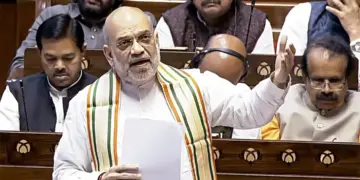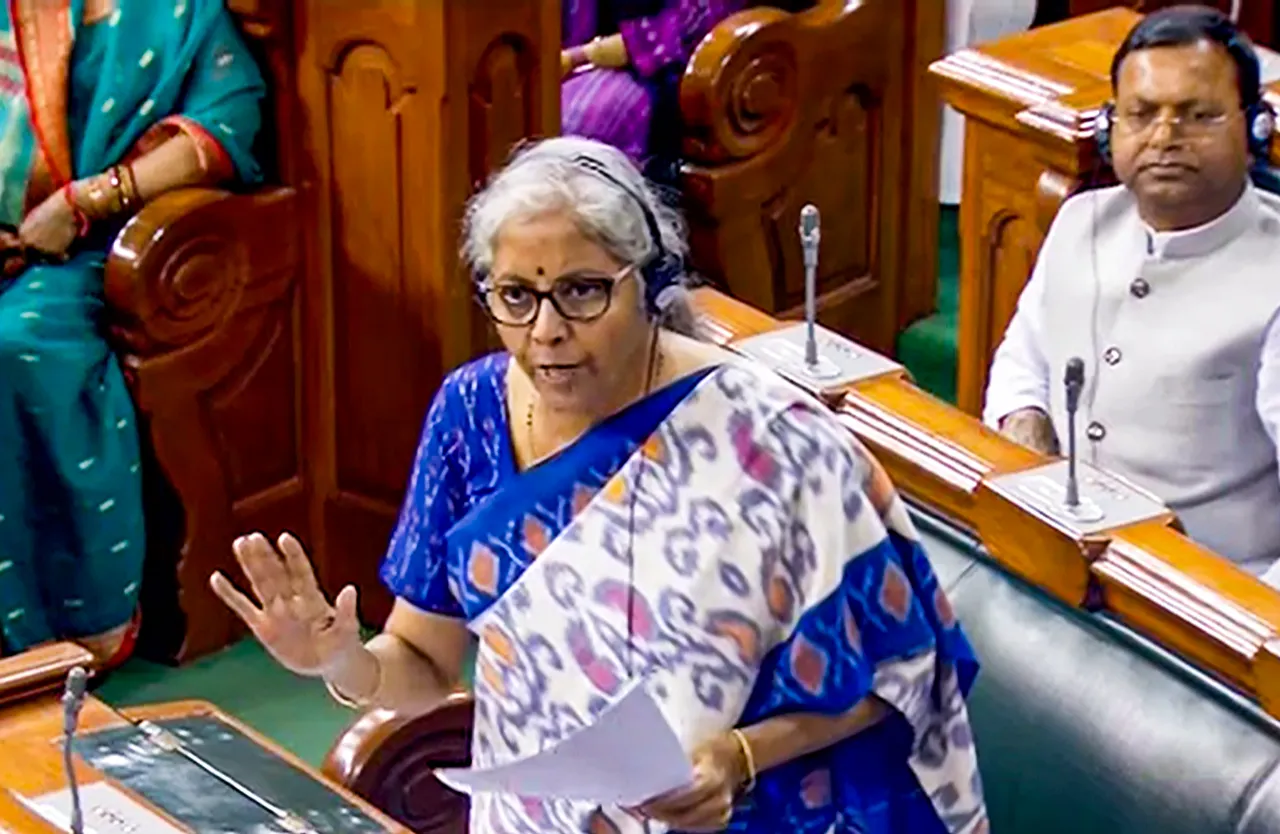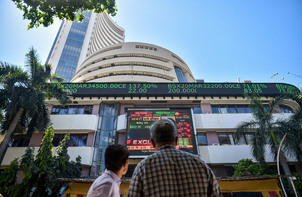New Delhi: Only 60 per cent of countries have legislations and standards governing food and beverages in schools, according to the Global Education Monitoring Report by UNESCO.
The report has been published in partnership with the Research Consortium for School Health and Nutrition led by the London School of Hygiene and Tropical Medicine, which is the research initiative of the School Meals Coalition.
“Only 93 out of 187 countries have legislation, compulsory standards or guidance on school food and beverages. However, only 29 per cent of these 93 countries had measures restricting food and beverage marketing in schools and only 60 per cent have standards governing food and beverages,” according to the Global Education Monitoring (GEM) Report.
The GEM team noted that a survey-based assessment of school-based food and nutrition education in 30 low- and middle-income countries found that integration within the school system was mostly through extracurricular or project-based activities rather than as a standalone subject or across the curriculum.
“In only three of 28 countries were assessments regularly conducted and used. The assessment information included changes in attitudes and perceptions about food and nutrition, knowledge, food practice, nutritional status, habits and diets,” according to the report.
“Most school meal programmes have education goals, alongside nutrition, health and social protection objectives. However, fewer programmes focus on preventing or mitigating obesity,” it read.
Another survey focused on school meal provision found that 72 per cent of countries reported some limitations on food marketing on school grounds and 52 per cent had national-level prohibitions on foods permitted on or near school grounds.
“A review of nutrition policy engagement with food system transformation in high-income countries highlighted that, while most policy actions focused on communication for healthy choice behaviour change, most outcomes in the food environment domain focused on food labelling, product reformulation, providing healthy food in schools and restricting food advertising,” the GEM Report read.
“There was a lack of emphasis on reducing consumption of unhealthy food or drinks. There was an emphasis on individual responsibility instead of the food environment and on regulatory and legislative reforms,” according to the report.
It called for a whole-school approach, combining school meal provision with nutrition education, physical activity and extracurricular initiatives. It also called for efforts on food literacy to transform into a lifelong learning pursuit through formal, non-formal and informal learning.
“There is a need to build capacity at all levels through education and training across a range of sectors, including health, nutrition, agriculture and food systems. Despite clear interdependencies, the linkages between education and nutrition remain under-researched, including in data collection and monitoring of programmes and outcomes,” according to the report.




